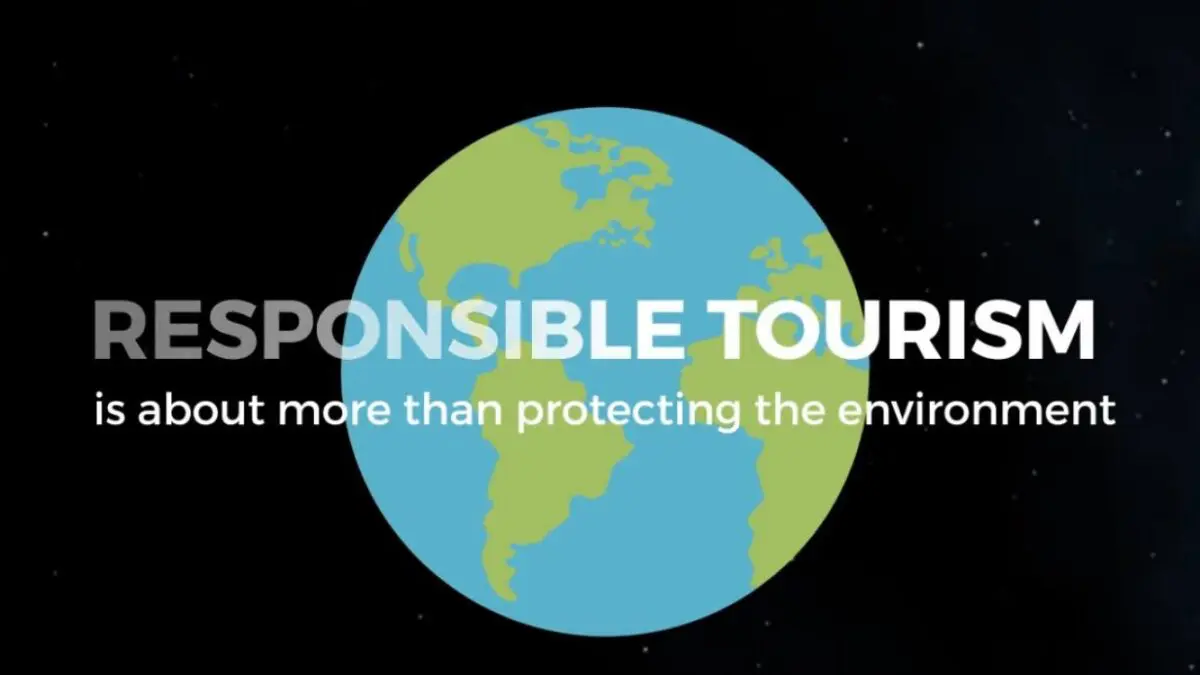Tourism will not return to the old normal soon. Coronavirus gave us sufficient time and reason to reflect on life and if there is something we can contribute to good in the world after he again becomes available as before, is to be more aware and responsible in our decisions as tourists. The end of the pandemic is somewhere, in the future, but no one knows exactly where. While we are waiting for the lockdowns to be cancelled and the borders to be opened, we can rethink the way we travel.
More than 100 countries, alongside international organizations and leading business groups have agreed in March 2021 to adopt harmonized standards for assisting tourists caught up in emergency situations. The Committee for the Development of an International Code for the Protection of Tourists has agreed on the text of the first two Chapters of the Code, containing seven key principles for a landmark legal code aimed at restoring confidence in international travel in the wake of the COVID-19 pandemic. The importance of harmonization of protocols, balance, coordination, cooperation and accessibility, are among the seven core principles agreed by the Committee tasked with advancing the “Assistance to International Tourists in Emergency Situations” code. Published by the World Tourism Organization (UNWTO), it will provide guidance to countries worldwide on how to help tourists affected by emergencies, including but not limited to health emergencies.
“Tourism is a genuine driver of solidarity and development. Let us all fully harness its power to bring people and communities together, abiding by the Global Code of Ethics for Tourism. This way tourism can keep delivering better opportunities and sustainable development for millions across the globe.”
Zurab Pololikashvili,
UNWTO Secretary-General,
August 2020
Responsible Tourism was defined in Cape Town in 2002 alongside the World Summit on Sustainable Development. This definition, the Cape Town Declaration is now widely accepted and was been adopted by the World Travel Market in 2007 for World Responsible Tourism Day.
Responsible Tourism is about “making better places for people to live in and better places for people to visit.” Responsible Tourism requires that operators, hoteliers, governments, local people and tourists take responsibility, take action to make tourism more sustainable.
The World Travel Market has adopted the Cape Town Declaration definition of Responsible Tourism for its World Responsible Tourism Day which encourages the industry to take responsibility for making tourism more sustainable and demonstrate their responsibility.
The Cape Town Declaration recognises that Responsible Tourism takes a variety of forms, it is characterised by travel and tourism which:
minimises negative economic, environmental and social impacts;
generates greater economic benefits for local people and enhances the well-being of host communities, improves working conditions and access to the industry;
involves local people in decisions that affect their lives and life changes;
makes positive contributions to the conservation of natural and cultural heritage, to the maintenance of the world’s diversity;
provides more enjoyable experiences for tourists through more meaningful connections with local people, and a greater understanding of local cultural, social and environmental issues;
provide access for people with disabilities and the disadvantaged;
is culturally sensitive, engenders respect between tourists and hosts, and builds local pride and confidence.
Behaviour can be more or less responsible and what is responsible in a particular place depends upon environment and culture.







